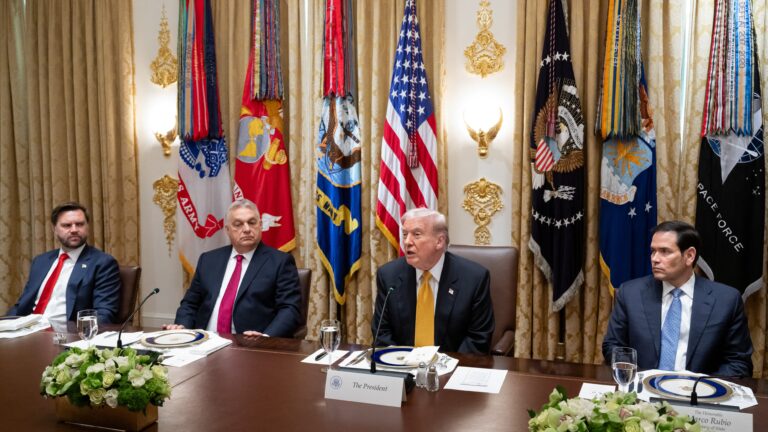More than two-thirds of voters support the transparency of foreign funding for Hungarian media outlets, according to the latest opinion poll by the Hungarian think tank Nézőpont Intézet. ‘70 per cent of Hungarians agree that the media should be obliged to be transparent about their foreign funding, while only 22 per cent do not support this,’ the analysis stated.
In the breakdown by party, voters of the governing party, Hungarian Prime Minister Viktor Orbán’s Fidesz (82 per cent), and the far-right Mi Hazánk (Our Homeland; 83 per cent) are the most committed to transparency. Even the most critical party, Tisza, led by political newcomer Péter Magyar, has a relative majority (48 per cent) in favour of transparency.
The relevance of the research stems from the
increasing foreign attempts to intervene in Hungarian domestic political processes,
which is a matter of concern for the Hungarian public. These attempts to influence have intensified particularly after the outbreak of the war in Ukraine and are primarily aimed at changing the pro-peace stance of the Hungarian government by various means, one of which is the financing of actors critical of the government, according to Magyar Nemzet.
The article highlights that the involvement of Action for Democracy—an NGO closely linked to George Soros—in the 2022 election campaign drew attention to the foreign funding of opposition political actors in Hungary. Within the framework of this action, for instance, extremely anti-government media outlet Ezalényeg.hu received 1.9 billion HUF in foreign funding. This rightly raised the question of who is financing press products from abroad that are capable of influencing public opinion, and with what intentions, thus impacting the will of the electorate.
A recently published analysis by the Nézőpont Institute, entitled ‘Freedom of the Press in Hungary 2024’, found that the number and revenues of media outlets critical of the government are steadily increasing year by year. While these media organizations are overall profitable, their foreign funding remains opaque.
The Hungarian government has established the Office for the Protection of Sovereignty, which has been operational since 1 January this year, to promote transparency in foreign funding. The Office’s mission is to raise awareness among Hungarian society and policymakers about foreign attempts to influence Hungarian politics. To this end, it may conduct studies independently or in cooperation with other state bodies and will make the results of these studies public. Additionally, it may make proposals to the legislator to protect Hungarian sovereignty.
This has not been well received in Brussels, with the European Commission’s latest Rule of Law report stating that the sovereignty protection act ‘undermines the civil sector.’ It has also emerged that the Commission may launch a new rule of law mechanism against Hungary over the law, which could ultimately lead to the freezing of further EU funds.
Related articles:







